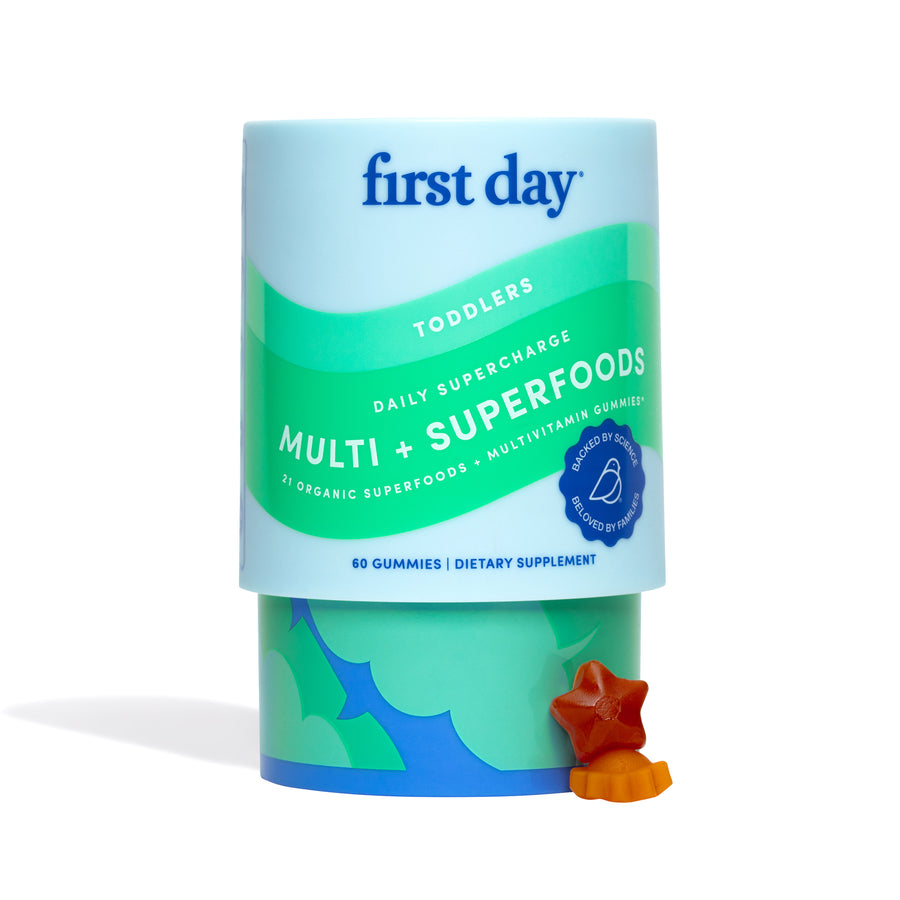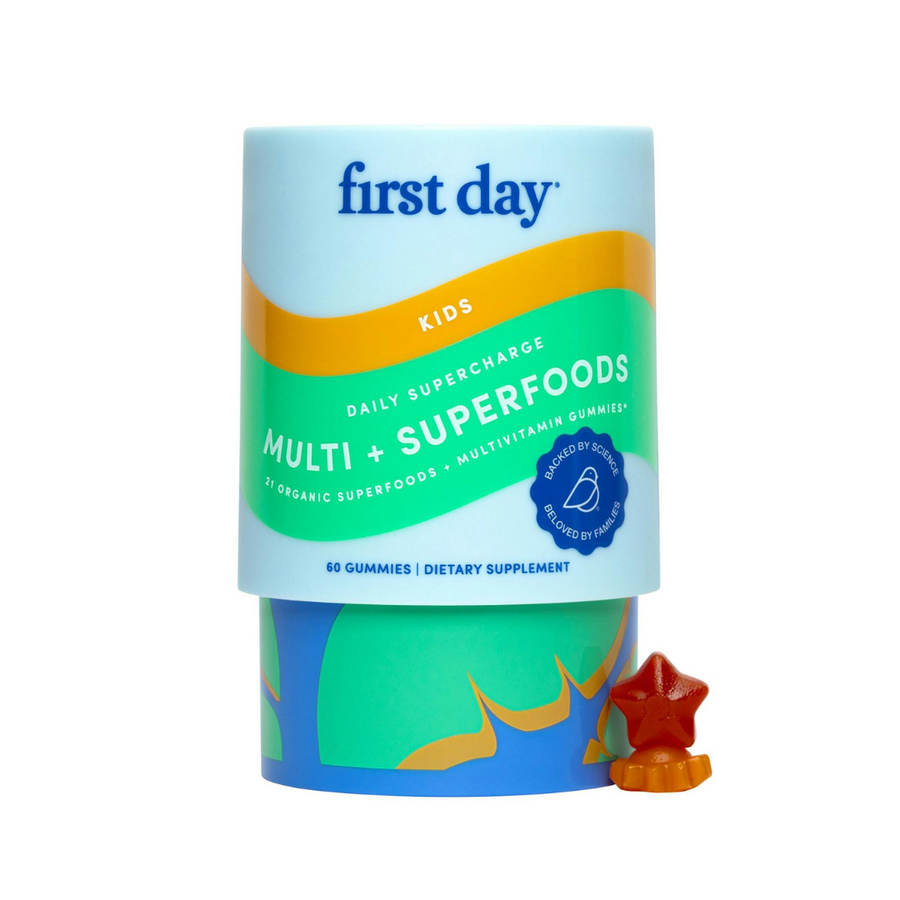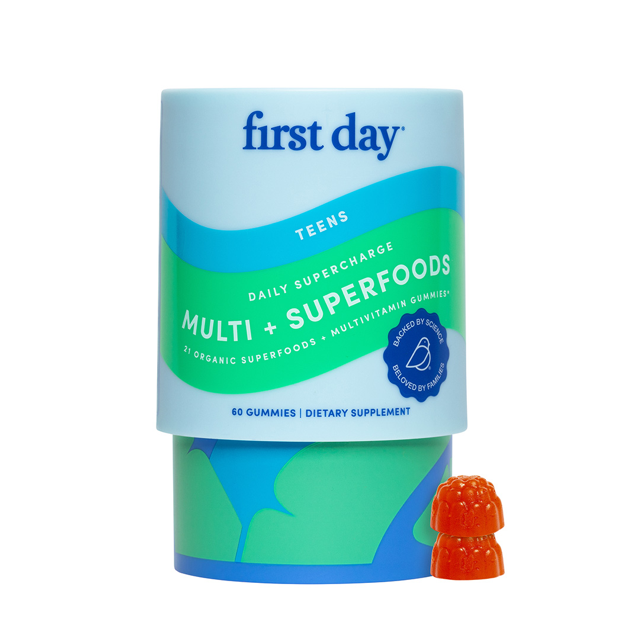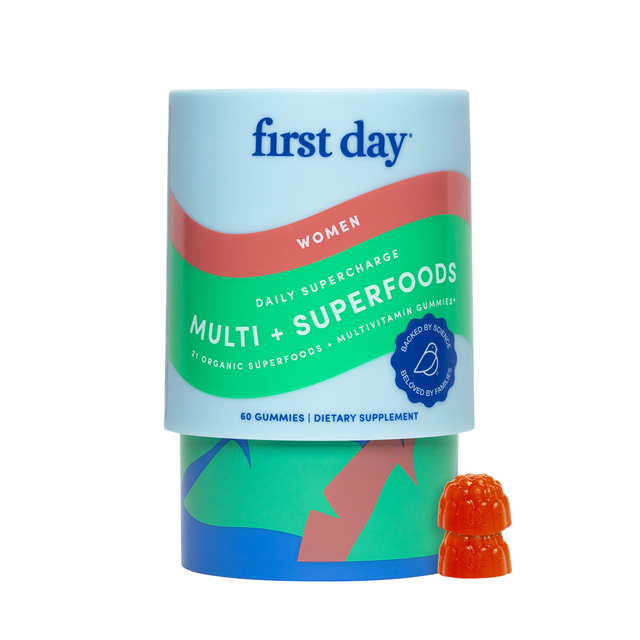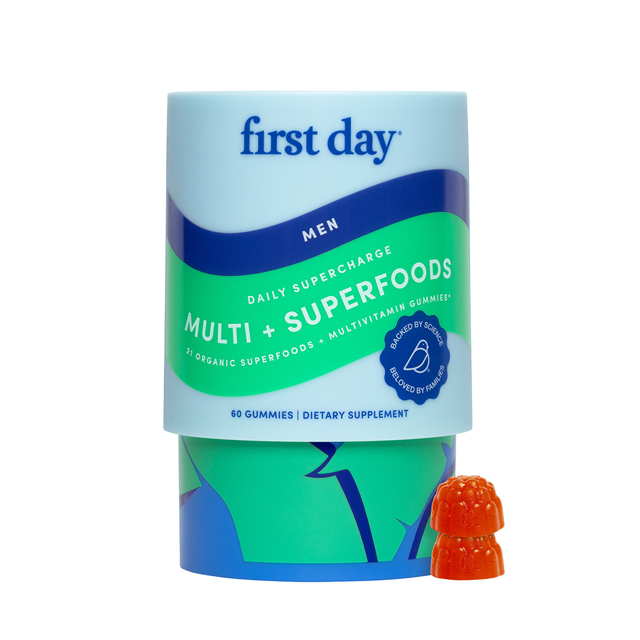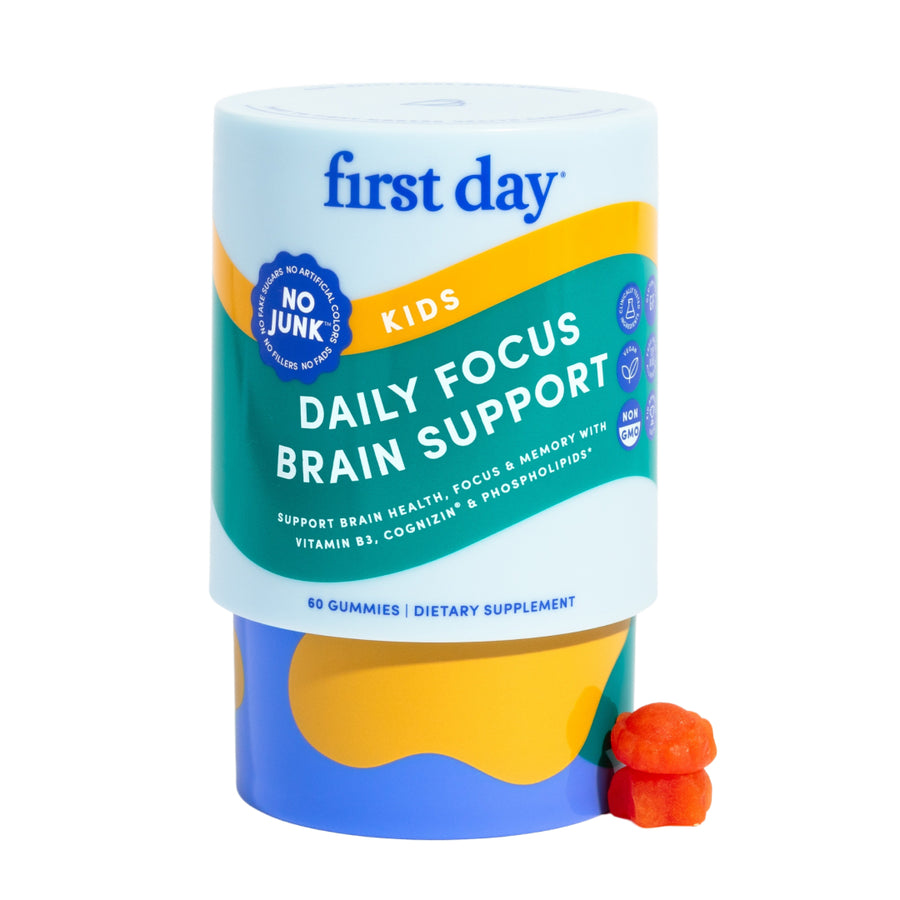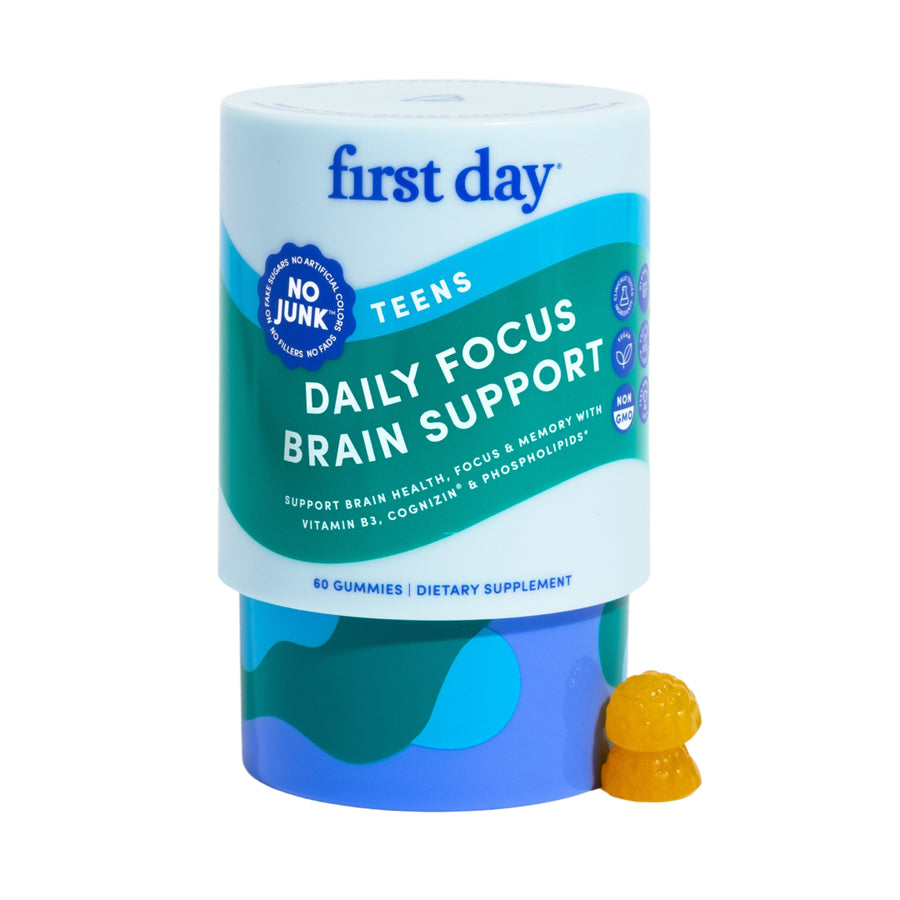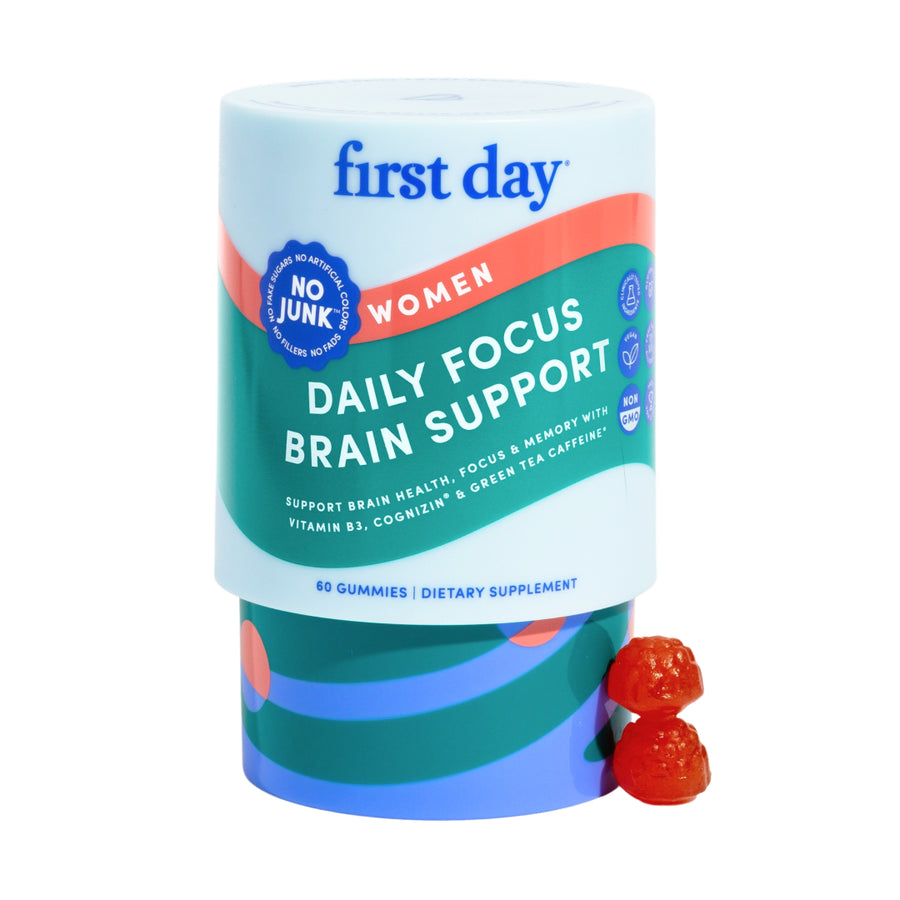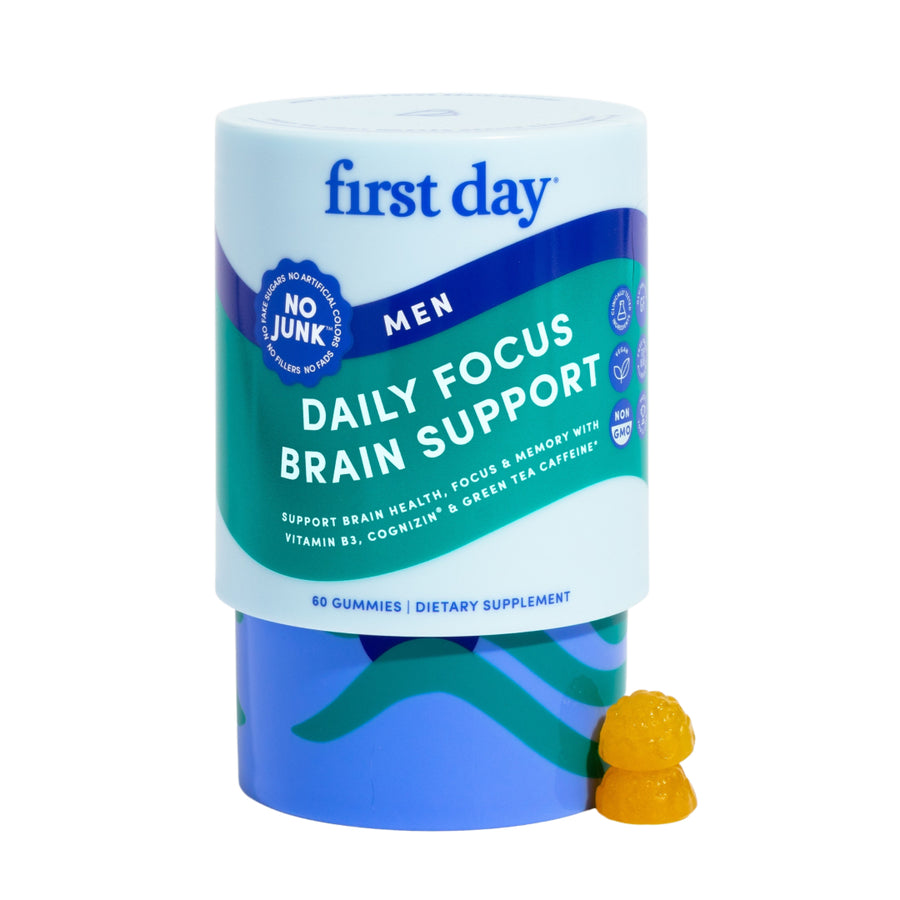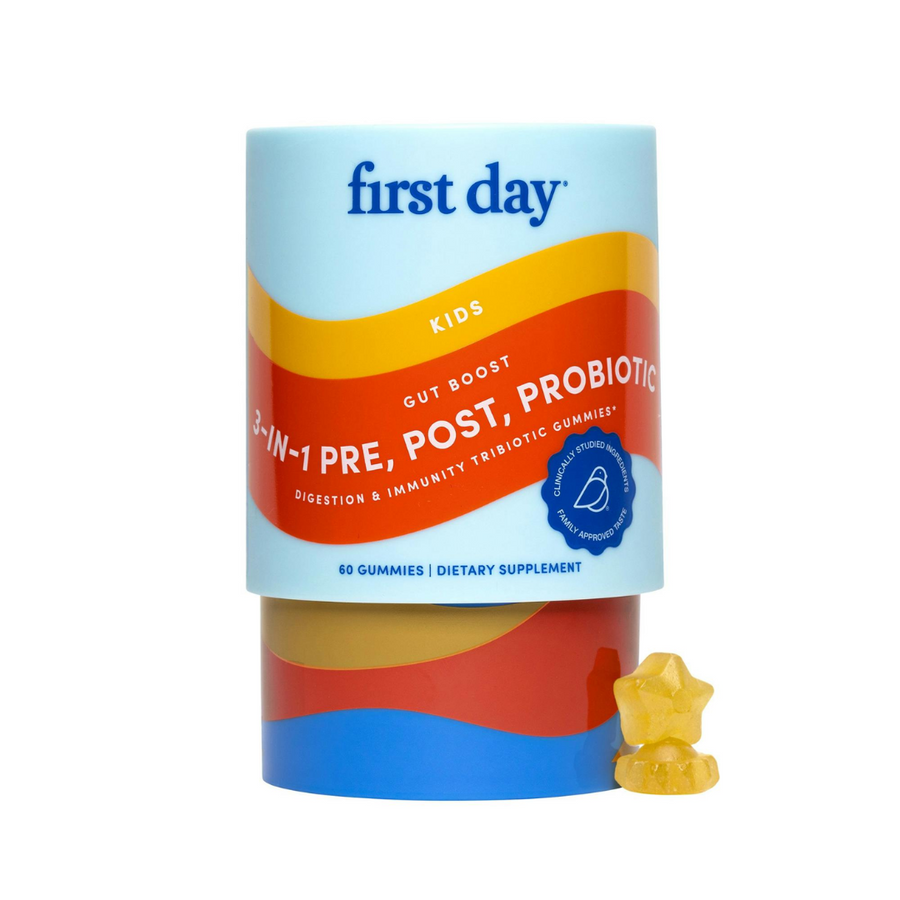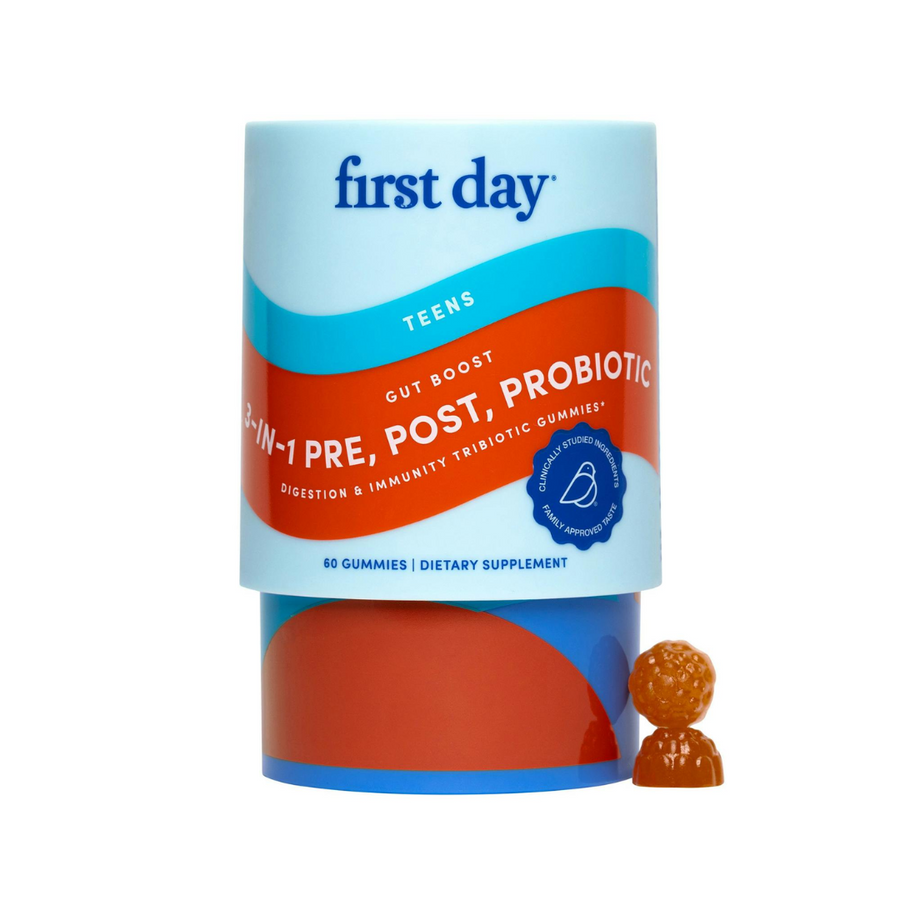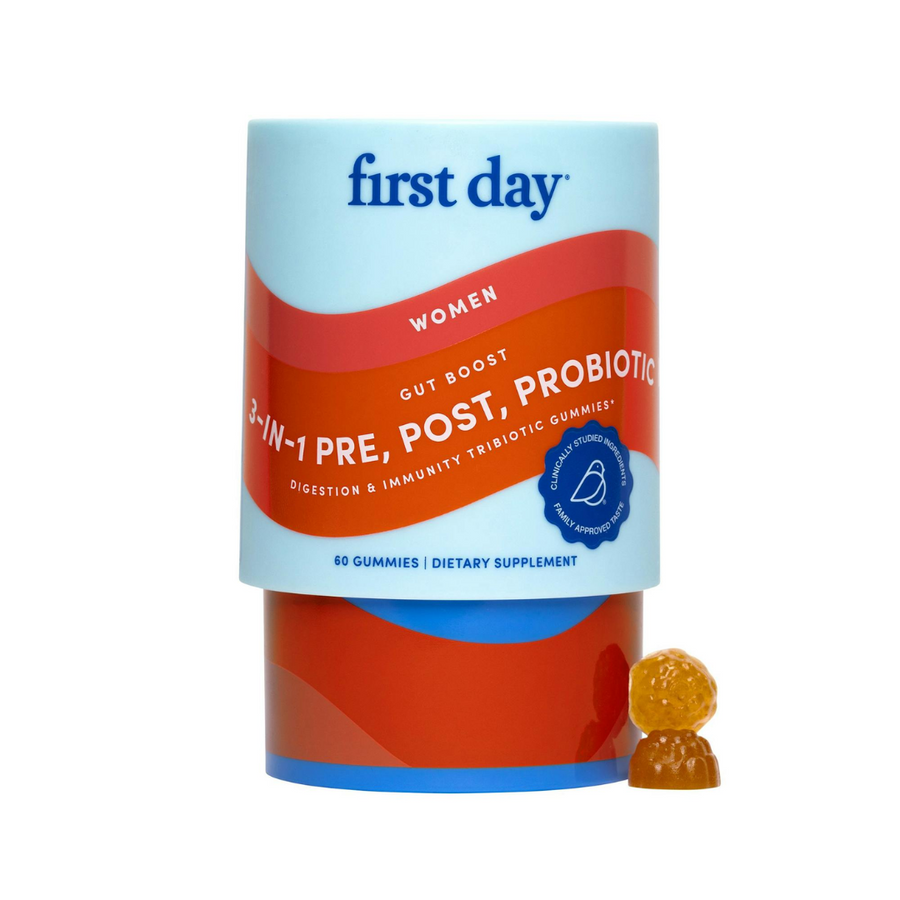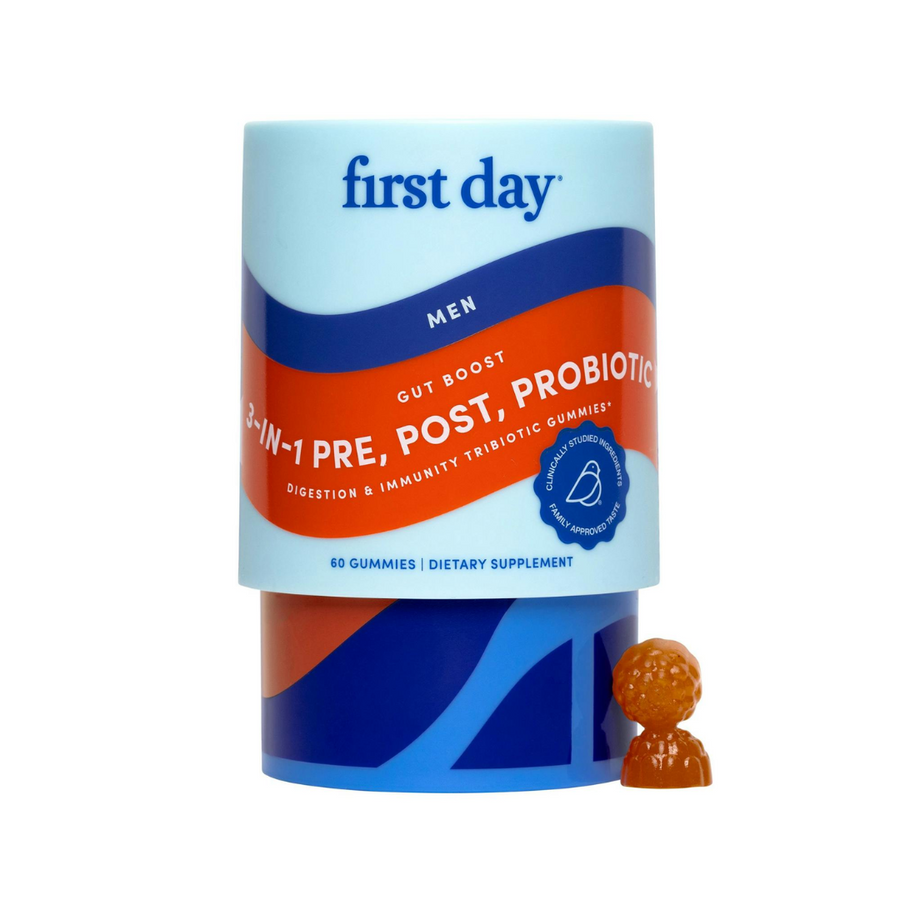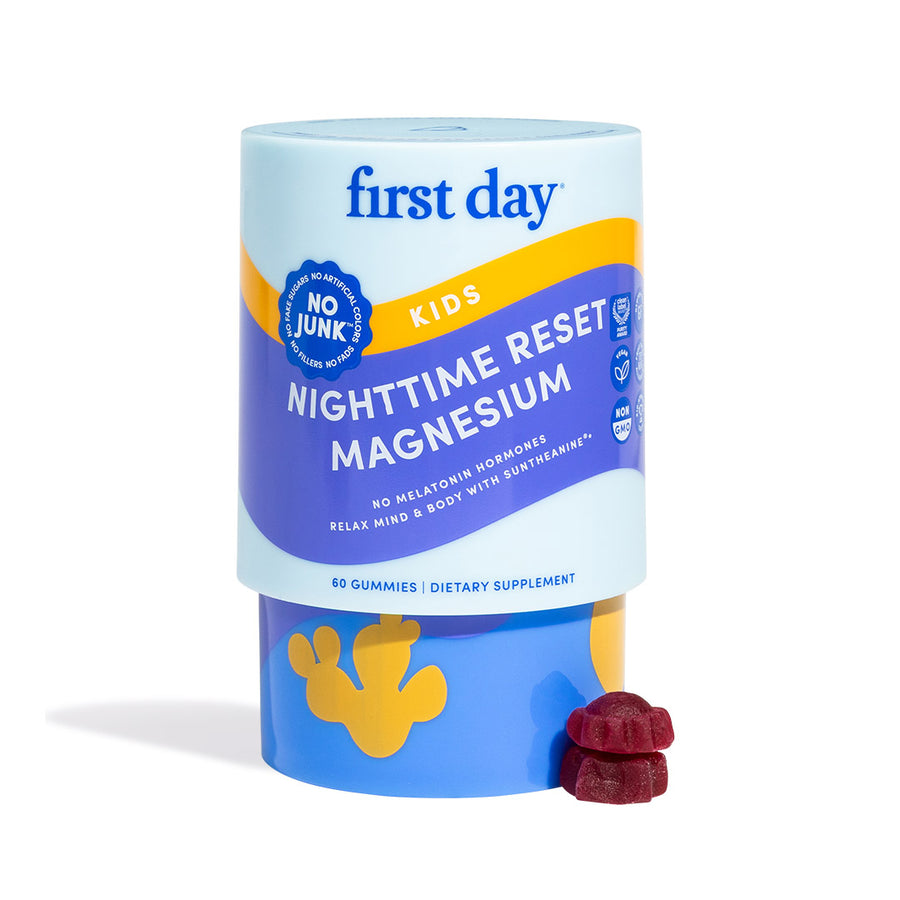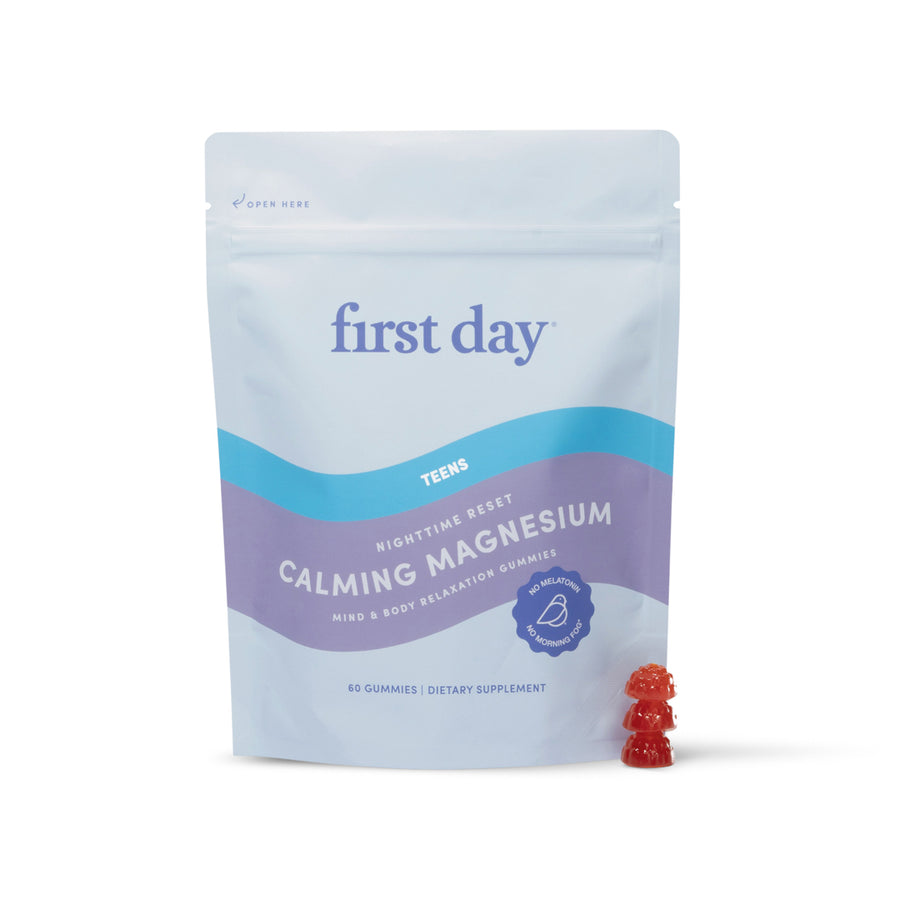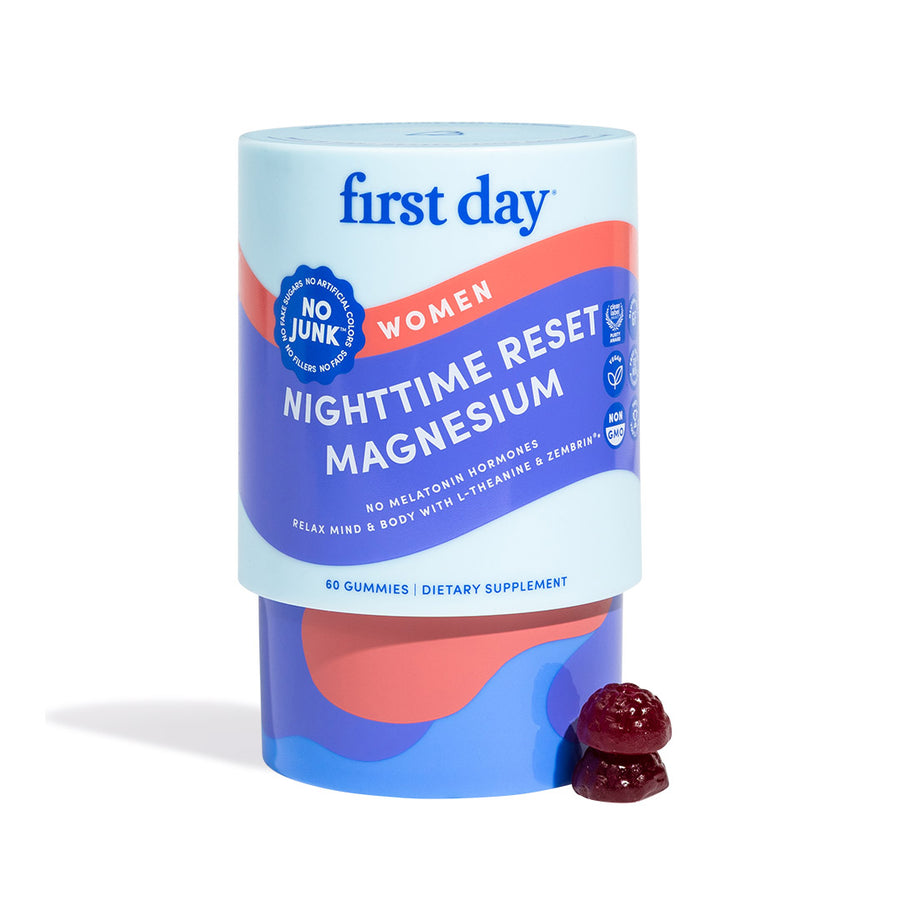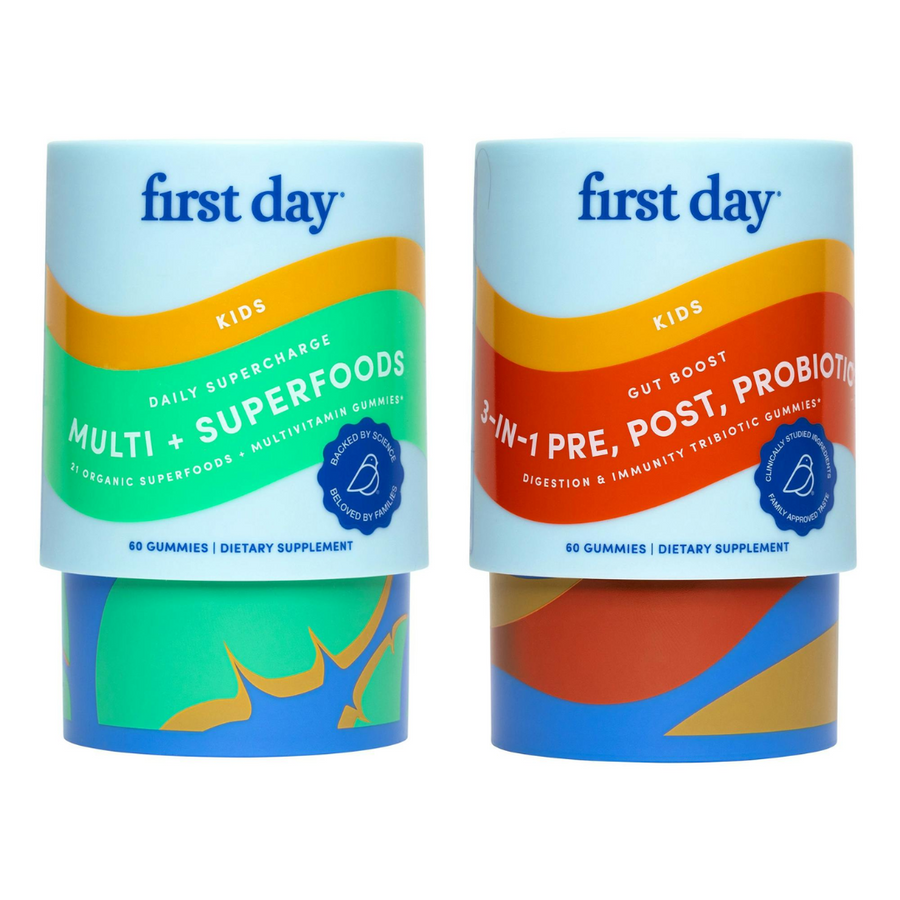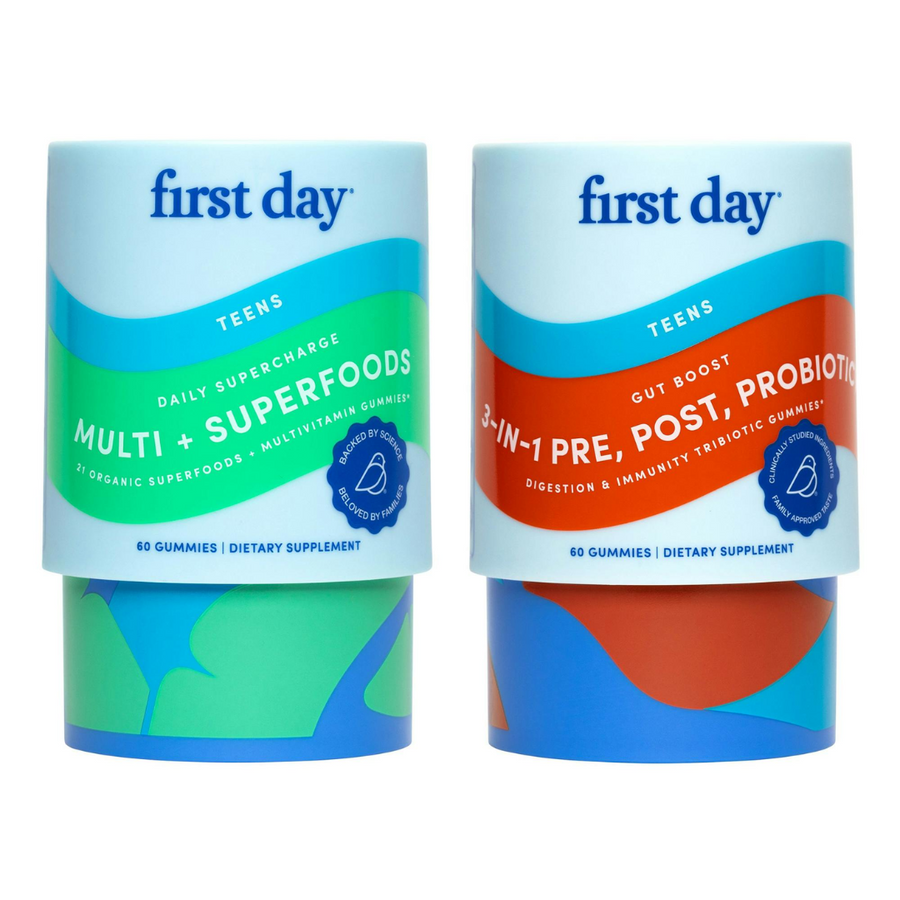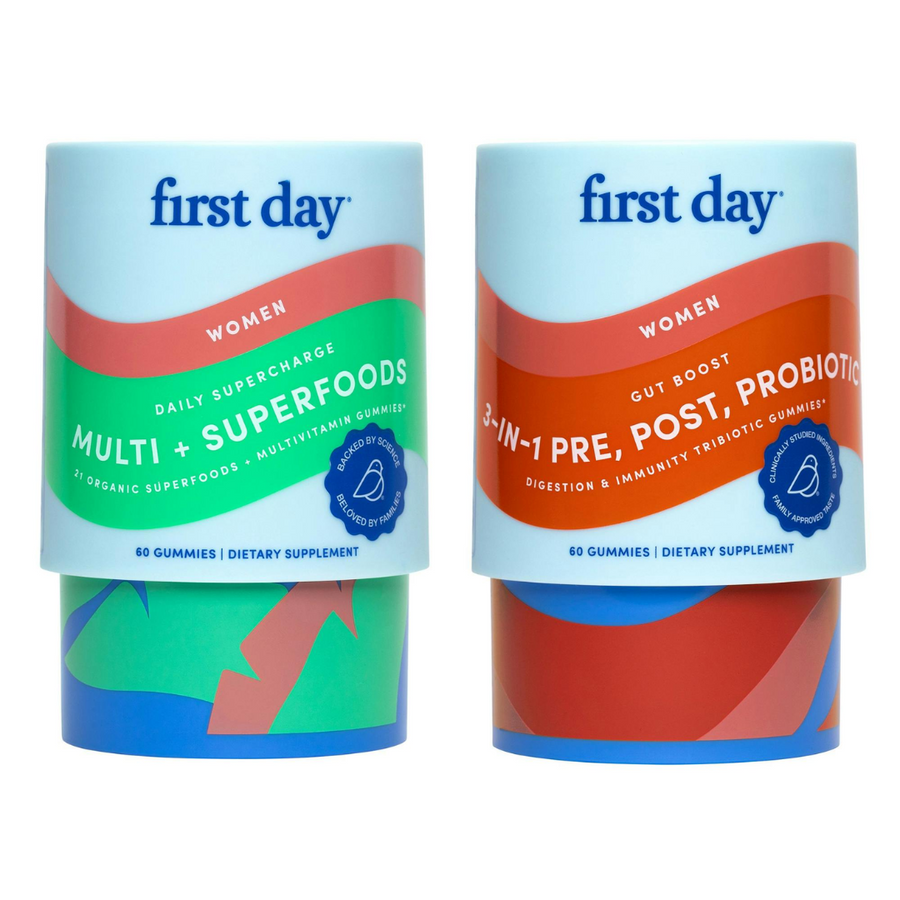The childhood period is a phase of continued physical growth and cognitive, social and emotional development. Which makes the importance of certain vitamins and nutrients essential to a child experiencing normal growth and cognitive development.
However, kids will not be as concerned about their nutritional needs as their parents and making sure they have a well rounded diet with healthy foods. When kids eat candies, sugary chocolates and soft drinks it can affect how you child's body absorbs nutrients. Which is why so many parents turn to vitamin or mineral supplements to ensure their kids get the proper nutrition and all of their nutrient needs.
It is recommended to introduce a child vitamins after consulting with your child's doctor or child's pediatrician. You should start by focusing the dietary guidelines for whole grains, lean proteins, and other basic food groups into the daily routine of your child.
Persuading your kid for a healthy diet can be an uphill task. Many kids are picky eaters and it can be challenging to make sure they get all their nutrient needs from healthy foods all the time. Keeping this in mind, many companies have specifically formulated child vitamins for getting these vital nutrients in your child's diet.
Before getting into if a daily multivitamin might be right for you to give your child, let's find out what vitamins are and why they are essential for your kids. Next, we will provide you with a complete guide about when kids should start taking vitamins!

What are Vitamins?
Vitamins are organic compounds containing carbon and are found in naturally in your food. These are the micro-molecules that we get from our diet and are absorbed in the body to perform the major functions like blood production, growth and brain development. The deficiency of any particular vitamin may increase the risk of health issues, as our bodies require them to function properly.
Classifications of Vitamins:
Vitamins have two classes explained below :
- Fat-Soluble
Vitamins A, Vitamin D, Vitamin E, and Vitamin K, are fat-soluble vitamins. They are absorbed through a balanced diet with fats and oil and stored in the body tissues and the liver. This kind of vitamin requires protein carriers too. They usually stay longer in the body meaning a deficiency only occurs when stores of vitamins are depleted. A few doses from a daily vitamin can help prevent deficiency.
These essential nutrients can be found in vegetarian or vegan diet in foods like as carrots, pumpkins, spinach, broccoli or kale and other leafy vegetables. They can also be found in animal foods like beef, liver, eggs and fatty fish along with milk, shrimp, sweet potatoes, nuts and other fortified foods.
- Water Soluble
B Vitamins and Vitamin C are water-soluble vitamins. Their absorption is simple and they go through your bloodstream and get excreted with urine.
There are chances of deficiency because they are excreted regularly and a regular supple of these is needed to maintain the proper levels. Deficiencies in these can cause many serious ailments like scurvy, spina bifida and impaired growth pattern in children.
Healthy children need to get adequate amounts of these vitamins daily. They are mainly found in Citrus fruits, potatoes, broccoli, bell peppers, spinach, strawberries, tomatoes, brussels sprouts, poultry, fish, milk, orange juice, and cheese.
Now, let’s move towards the essential vitamins needed to give your child for the proper growth of your little munchkin!

Essential Vitamins That Healthy Kids Need For Proper Growth
As your child grows, their body will rely on the vitamins and nutrients they receive to develop correctly. These vitamins are critical to your child's health:
-
Vitamin A
It supports the eyesight of children, average body growth and development, and tissue repair. In developing nations, the deficiency of Vitamin A in kids is the leading cause of night blindness.
The prolonged deficiency of Vitamin A can cause exophthalmia. Even a child mildly deficient in Vitamin A can have higher chances of respiratory diseases and a higher mortality rate from infectious diseases.
-
B Vitamins
It's more than one vitamin; the list includes B1, B2, B6, folic acid, and B12. They support the metabolism of healthy kids and helps develop red blood cells, which help carry oxygen through the blood to the body.
Vitamin B12 is essential for brain functions. Its deficiency can cause a weak memory and mind. It can also lead to neurological issues like feeling tingling in your hands and feet and facing problems balancing yourself.
-
Vitamin C
It's essential for a healthy immune system and helps kids grow strong muscles. Vitamin C deficiency can cause Scurvy, bruising and bleeding of gums, joint and muscle pain.
-
Vitamin D
Vitamin D helps build the body and strong teeth and bones. The deficiency of Vitamin D in children can cause Rickets, weak muscles, pains and fractures and delayed motor development. The best sources of Vitamin D are fish oil, salmon, tuna fish, nuts, and some dairy products. Vitamin D can help the body absorb calcium more easily too.
While you could give your child vitamins that contain a Vitamin D supplement, we always recommend eating a well balanced diet and getting the nutrient you need from food rather than supplements.
-
Calcium
Calcium helps in developing strong bones and teeth. Its deficiency can cause bone growth disorder. For the healthier lives, we need to make sure the food our kids are consuming has all the essential nutrients and minerals.
The deficiency of even one vitamin could affect our kids' lives, both physically and mentally. You can refer to the dietary reference intakes to determine the right levels. Taking a calcium supplement could potentially cause more harm then good. While calcium is an important mineral not everyone will need supplements which is why you should check with your child's doctor to be certain the proper recommended dosage.

What Are Multivitamins?
Multivitamins are dietary supplements of specific vitamins and nutritional elements usually found in foods and natural sources. They provide you with the vitamins and minerals that you can't get from a regular diet.
The primary role of multivitamin supplement is to compensate for nutritional gaps. Chronic medical conditions, restrictive diet, or general poor nutrition can also cause these deficiencies. However, supplements can help ensure most healthy children get the required amount of their daily dose of under-consumed nutrients.
These include Vitamin A, Vitamin C, Vitamin D, Vitamin E and Vitamin K. You can also find a mineral supplement that may include calcium, magnesium, choline and potassium.

Vitamin Supplements Guidelines
You go to the pharmacy store, pick up a few supplements for your kid and pat yourself on the back and think that the mission is accomplished. But when you go through the ingredient labels on the bottle, you get confused.
We know that things like RDAs, DVs and RDIs can cause confusion on what is the proper daily dose needed. Worry not! We will help you understand the supplementary guidelines.
These parameters help you to understand how many vitamins your kid should take:
-
Recommended Dietary Intake (RDI)
The daily intake level of particular nutrients to be sufficient to fulfil the requirements of 97%-98% of healthy individuals. They are regulated by the food and drug administration.
-
Recommended Dietary Allowance (RDA) & Adequate Intake (AI)
The amount of minerals and vitamins your kid requires to take to keep healthy and fit.
-
Tolerable Upper Intake Level (UL)
There are certain nutrients if your kid takes above the UL, they will have problems. The UL tells you the maximum amount of nutrients you can take without the risk of overdosing.
Food Intolerances
We know foods are the best source of getting those essential multivitamin supplements. But some children can have a medical condition where they are intolerant to particular foods. They face difficulty in digesting foods their body is intolerant to.
Your kids sometimes do not get enough vitamins from food because of these food intolerances, so it’s important to understand the. The symptoms of food intolerance are not shown all at once. Sometimes it take years to detect the difference between a food allergy and food intolerance. These intolerances can be of different kinds, but the major ones are:
- Lactose Intolerance
Your kid's body needs digestive enzymes to break down food. If your kid lacks needed enzymes, they might not be able to digest certain foods. Lactose is a form of sugar found in milk.
People with this kind of intolerance can not have lactase the enzyme that breaks the lactose sugar into smaller molecules when you drink milk. That the body quickly absorbs this through the intestine.
If the lactose doesn't break down into molecules, it remains in the digestive system and causes spasms, bloating diarrhea, and gastric issues.
- Gluten Intolerance
It's a form of protein found in some cereals like wheat, barley and rye. A person with this intolerance can experience pain, bloating, or nausea after eating gluten-rich food. You can replace the gluten-based foods with the gluten-free products.
- Salicylate Intolerance
This compound can be found in plant-based foods, including vegetables, fruits, herbs and spices. A person with this kind of food intolerance can have hives, rashes, stomach aches, diarrhea and fatigue.
- Fructose Intolerance
It can occur due to the sugar present in fruits, vegetables, and honey. Not consuming fruits and vegetables will certainly make it difficult to get all the nutrients your kids need. Fruits, whole grain food, vegetables, and dairy products are the most significant source of vitamins and minerals for kids.
In such situations, you child may need vitamin supplements to ensure they get all the vitamins and minerals they need for healthy growth and development.

When Should Kids Start Taking Vitamins?
According to doctors, children of any age can be given multivitamins as long as they are designed specifically for that child's age group. Sometimes doctors even recommend giving multivitamins to younger babies.
Consider waiting until your child reaches the age at least 2 before you start giving them multivitamins unless your doctor suggests otherwise.
Some kids do not get certain vitamins because of restricted or lack of a well balanced diet. That's when the doctors prescribe multivitamins or even a liquid supplement to kids for things like an iron deficiency. Diseases like Celiac disease, inflammatory bowel disease, and cystic fibrosis do not let your kid absorb fat-soluble vitamins.
The vitamins and minerals in a balanced, healthy diet might not be enough. Which is when multivitamins can help your child.
Which Multivitamins are Best for Your Kids?
The multibillion-dollar Multivitamin industry markets its products so smartly that choosing the right product becomes a confusing task.
Always consider the quality, safety records, ingredients dosage and testing protocols before choosing the multivitamins for kids.
Some companies' children's vitamins are coated with sugar, but some brands like First Day rely on fruits rather than creating sugar bombs disguised as vitamins.

Why You Should Choose First Day Multivitamins for Your Kid?
They worked with scientific advisors and formulated their multivitamins with the expertise of renowned doctors like Dr. Ed Giovannucci, MD, MPH, ScD Harvard University and Dr. Lei Chen, MD, MHS Yale University. Their kids multivitamins were developed after combining 35,000 studies. They only have 2g of sugar per serving and their natural flavors are extracted from fruits.
Other multivitamins are made with artificial colors and flavors. These are in the form of tough hard pills or chewable vitamins with multiple binders in them that make them difficult to digest.
The First Day Kids Multivitamin gummies are designed that even the pickiest eaters would enjoy eating them.
Conclusion
We strive to provide a better life for our kids. Yet, why do we compromise their health by giving them multivitamins that can endanger their lives in the long run?
Knowing exactly what your child's body requires can be difficult with all of the marketing tactics in play. For those ages 2+ we recommend making the choice incorporating a gluten-free, vegan, and gelatin free multivitamin like First Day.
Dr. Zainab Naeem, DDNS

Zainab Naeem, Doctor of Nutrition and Dietetics has attained the degree of DDNS and is a nutritionist/ dietitian by profession and a writer by choice. She has attained the degree as a Nutritionist from The University of Lahore and has worked as a community nutritionist intern at Fatima Memorial Hospital, Lahore and Clinical Nutritionist from Mayo Hospital, Lahore Pakistan. She is also pursuing her degree in Associate degree in Psychology from Virtual University of Pakistan. She has been working as a nutrition and medical blog writer from past 4 years and many of her articles are published on various platforms. Zainab believes that a healthy body needs a healthy mind and her writings revolve around the concept of good nutrition along with working on the mental health too.
She is Co-Author at https://writingstake.com/ and https://sehatnutrition.org/. She is also a co-author in two anthologies and love to pen down her emotions on paper in the form of her writings. As a digital publisher, she has wrote numerous articles and wellness blogs for various clients as a freelance writer. And is currently working as a freelance nutritionist. You can get in contact with the nutritionist through platform https://sehatnutrition.org/ where she is serving as a Head of Hosting and Content writing or can reach her out on IG: xayni_de_artista.

